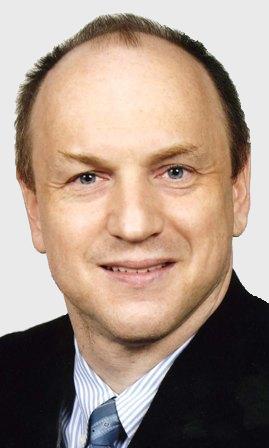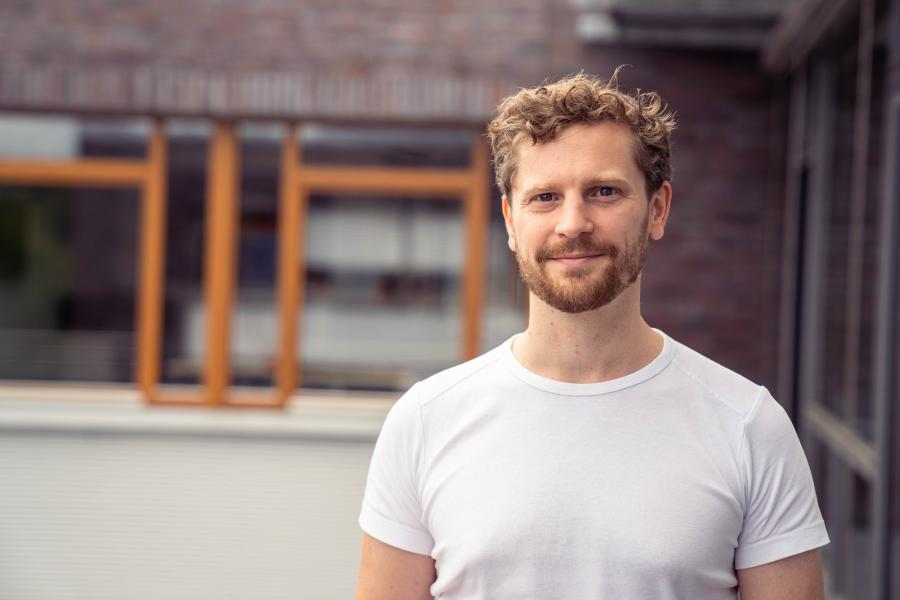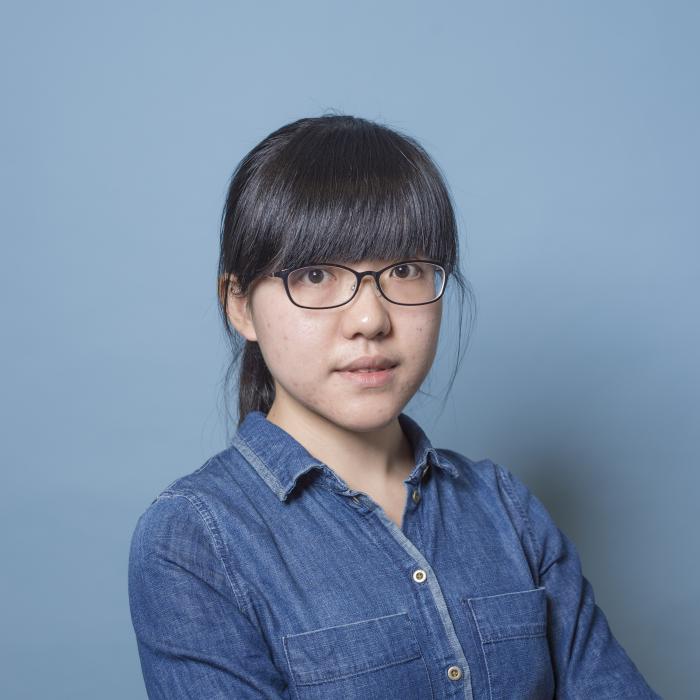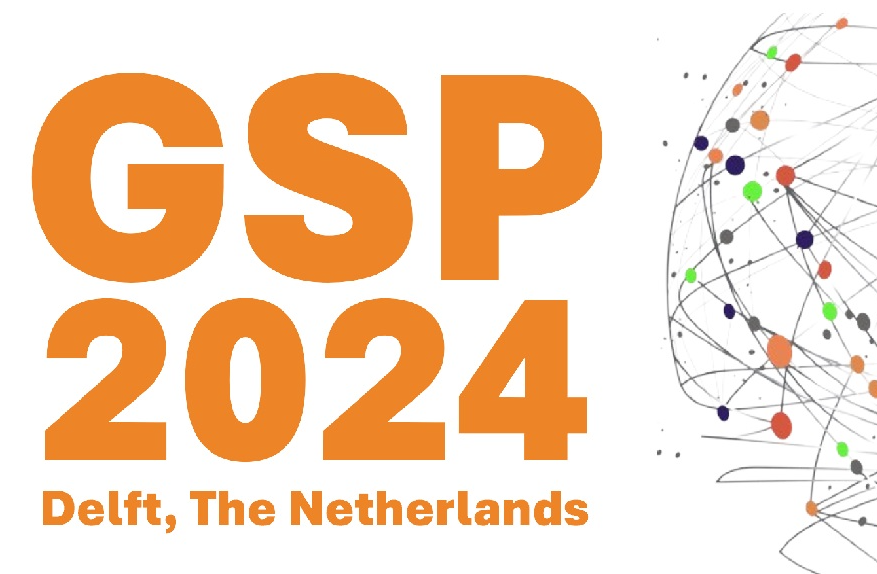Agenda
Microelectronics Colloquium
- Tuesday, 25 June 2019
- 11:00-12:00
- EWI-Lecture hall Chip
Quantum Computer on a Chip
Bogdan StaszewskiUniversity College Dublin

Quantum computing is a new paradigm that exploits fundamental principles of quantum mechanics, such as superposition and entanglement, to tackle problems in mathematics, chemistry and material science that are well beyond the reach of supercomputers. Despite the intensive worldwide race to build a useful quantum computer, it is projected to take decades before reaching the state of useful quantum supremacy. The main challenge is that qubits operate at the atomic level, thus are extremely fragile, and difficult to control and read out. The current state-of-art implements a few dozen magnetic-spin based qubits in a highly specialized technology and cools them down to a few tens of millikelvin. The high cost of cryogenic cooling prevents its widespread use. A companion classical electronic controller, needed to control and read out the qubits, is mostly realized with room-temperature laboratory instrumentation. This makes it bulky and nearly impossible to scale up to the thousands or millions of qubits needed for practical quantum algorithms.
As part of our startup company, we propose a new quantum computer paradigm that exploits the wonderful scaling achievements of mainstream integrated circuits (IC) technology which underpins personal computers and mobile phones. Just like with a small IC chip, where a single nanometer-sized CMOS transistor can be reliably replicated millions of times to build a digital processor, we propose a new structure of a qubit realized as a CMOS-compatible charge-based quantum dot that can be reliably replicated thousands of times to construct a quantum processor. Combined with an on-chip CMOS controller, it will realize a useful quantum computer which can operate at a much higher temperature of 4 kelvin.
Additional information ...Agenda
- Tue, 30 Apr 2024
- 10:00
- HB18.090
MSc SPS Thesis presentation
Wim Kok
A SystemC SNN model for power trace generation
- Mon, 6 May 2024
- 12:30
- Aula Senaatszaal
PhD Thesis Defence

Christoph Manss
Multi-agent exploration under sparsity constraints
- Tue, 21 May 2024
- 10:00
- Aula Senaatszaal
PhD Thesis Defence

Wangyang Yu
- 27 -- 28 May 2024
- Aula, TU Delft
Conferences

44th Benelux Symposium on Information Theory and Signal Processing (SITB'24, Delft)
- Tue, 18 Jun 2024
- 15:00
- Aula Senaatszaal
PhD Thesis Defence

Hanie Moghaddasi
Model-based feature engineering of atrial fibrillation
- Mon, 24 Jun 2024
- Aula, TU Delft
Conferences
